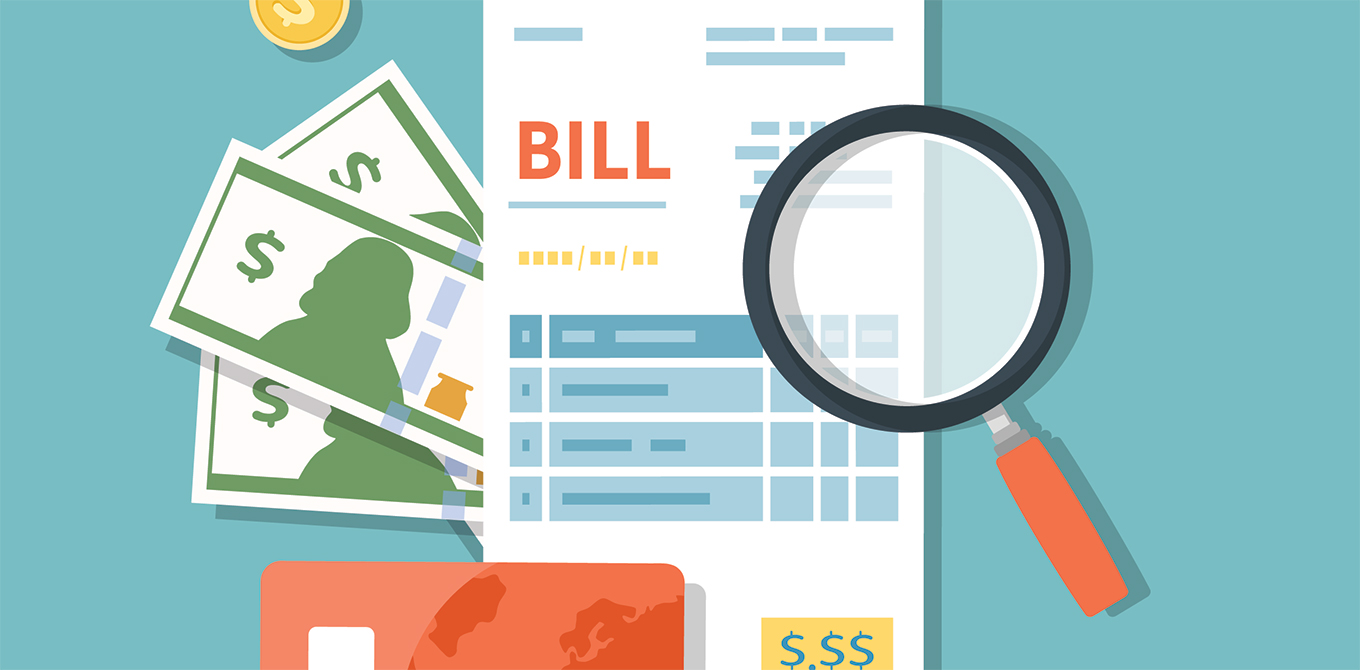5 Common Budget Busters (and how to combat them)
Making a monthly budget can help keep your finances on the right track as you work towards your big (and small) money goals. Sometimes, however, your budget can end up going off the rails.
Maybe it's because you're not sticking to your spending plan, but it could also be due to sneaky budget busters. Evaluate your financial habits and look out for these five things that could be working against you.
1. Recurring subscriptions
Subscription services can be a budget killer if you're paying for things you don't consistently use. They might include charges for a gym membership, for example, or music and TV streaming services. They may be small costs, but they add up when you're paying for them month after month.
Reducing these fees is as simple as reviewing your bank and credit card account statements. Go back two to three months to find recurring charges, then cancel any subscriptions you haven't used.
2. Poor planning
Poor planning can land you in budget trouble if it leads you to spend money that you hadn't intended to. For example, you set out to run errands, and it takes longer than you expected. You get hungry, and instead of heading home to cook dinner, you grab takeout. Spending $20 or $30 may not seem like a big deal in the moment, but if it's happening regularly, it can wreak havoc on a balanced budget.
Also, be aware of food waste at home. Throwing away food is essentially throwing money away. You can curb food waste (and the resulting budget leaks) by doing two simple things:
- Planning meals on a weekly or monthly basis
- Shopping with a list (and sticking to it!)
Planning meals and shopping with a list limits wasteful impulse shopping. When you only buy what's on the list, you know exactly how you're going to use the products in meal preparation, so food waste (and cost) will go down.
3. Impulse Buys
Speaking of impulse shopping, if you’ve ever waited in a checkout aisle you know that it’s easy to grab that candy bar or the trendy fun device (aka fidget spinner). It’s just as easy to buy on impulse when you’re online. Retailers will often use tactics including special deals that are only available for the next 10 minutes or the phrase “only 10 left at this price.”
Giving in to impulse buying is not only hard on your wallet in the short term, but the habit prevents you from developing good financial practices in the long term. Here are some smart tips to help you avoid the impulse bug.
- Create a 30-day waiting list for big purchases
- If you buy online, don’t get distracted by internet only deals and specials
- Avoid using credit cards. It’s easy to develop a “I’ll worry about it later” mindset
4. Late fees
Being disorganized can kill your budget if it causes you to forget about a bill. The due date comes and goes, and you still owe the bill, only now you owe a late fee as well.
Instead, create a system for tracking and paying bills. There are several ways you can do this, including using a paper or digital calendar, an electronic spreadsheet or through a budgeting app. You can also stay on top of your bills by setting up banking alerts to notify you of due dates and scheduling automatic payments.
5. Banking fees
A solid budgeting strategy is to have a checking account for paying bills and making purchases, and a savings account for your emergency fund or long-term savings. However, it's all too easy for fees — such as ATM fees or overdraft fees — to nibble away at your cash.
Stay informed with these tips:
- Do you have overdraft protection? Ask your bank about what programs are available to avoid unnecessary fees
- Try to use an ATM within your bank’s network – that doesn’t charge you
- Pick a checking account that saves you money. Some banks offer accounts that don’t have balance requirements or charge you monthly fees




